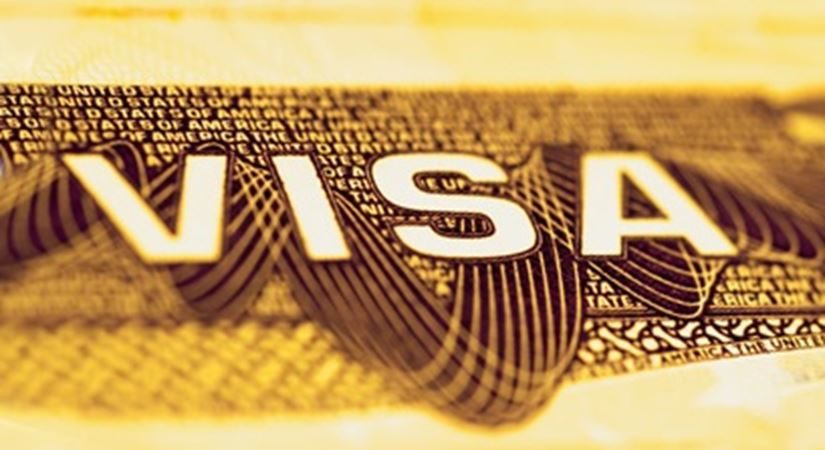The British government has announced the review of more than 6,000 ‘golden visas’ issued to wealthy foreigners between June 2008 and April 2015 due to concerns over risks to national security.
Almost half of the total Tier 1 investor residencies will be scrutinised following suspicions that the calibre of some of the applicants may not be up to scratch. There are also possible issues regarding a lack of rigorous due diligence checks on the applicant’s wealth.
The British government introduced the golden visa scheme in 2008 to boost the economy during the global financial crisis. It granted foreigners the right to reside in the UK in return for significant financial investment.
For an investment of at least £2 million, individuals can live, work, study, and set up business in the UK. The more money invested, the quicker the path to the visa and eventual British citizenship.
But since 2018, the scheme has been paused and put under review. The Home Office has spoken about a possible “range of national security threats including illicit finance, corruption, and wider serious and organised crime risks.”
The Times reported that the Home Office is particularly keen to look at the early years of the scheme when requirements were lax. During this period, it wasn’t even required that applicants have a bank account in the UK. Furthermore, the government used banking institutions to carry out due diligence and money laundering screening when receiving funds earmarked for investment in the scheme.
Problems arose when it became known that the British banks considered the golden visa a stamp of legitimacy for applicants and didn’t carry out much, or sometimes any, due diligence on funds.
In terms of beneficiaries of the golden visa, 85% of Russians were granted the visa during this period, along with 68% of Chinese applicants. Among them was Izzat Khanim Javadova, the record-spinning, Ibiza-loving, cousin of Azerbaijan’s President Ilham Aliyev.

Izzat Khanim Javadova, otherwise known by her DJ name Mikaela Jav.
An investigation by the Organised Crime and Corruption Reporting Project (OCCRP) found that Izzat and her husband Sulyeman had received millions in funds from Azerbaijani Laundromat companies.
The British National Crime Agency investigated them for suspicious transfers totalling £13.9 million that they suspect are “proceeds of corruption, theft, or embezzlement.”
Out of the 20 companies used by the Javadovas to move money, seven of them were identified as part of the Azerbaijani Laundromat. The Laundromat facilitated the transfer of more than €3 billion into the EU. It came from the Azerbaijani ruling elite and was used to launder reputations, bribe politicians and organisations, and fund luxury lifestyles in the West.
The Home Office told The Times that they had reformed the Tier 1 route in 2015 to “crack down on dirty money.” They also said they had instructed banks to carry out additional due diligence checks and provide evidence related to the source of funds.
“As part of our work to prevent this route from corruption, we are reviewing all Tier 1 investor visas granted before these reforms were made and will report on our findings in due course,” they concluded.













Shock! Horror! Who would ever have imagined that rich people who need to buy passports might be less than scrupulously honest.
THE SITUATION WAS IS STILL DESPERATE.
It is to be hoped this will be another shot across the bows of the Malta Government which continues to bleat about how unjust the FATF decision was to “ pick on poor old little Malta” when the “ big boys” were just as bad.
As seems to be the case with anything coming out of the Government mouthpieces, their version of the truth doesn’t seem to pass muster.
Just ask the Moneyval Rapporteur Pieter Omtzigt, the 635 MEPs who supported the motion of no confidence in the Government to crack down on corruption, money laundering and tax evasion and most recently the FATF decision to put Malta on the grey list.
Coincidences?? Hardly me thinks
Many others harbour the same thoughts about possible ‘coincidences’.
However, will national institutions in other countries take the cue from the U.K Government and follow its example by reviewing the steps taken by them for protection against whoever did, or would, abuse of the benefits obtained through purchased citizenship?